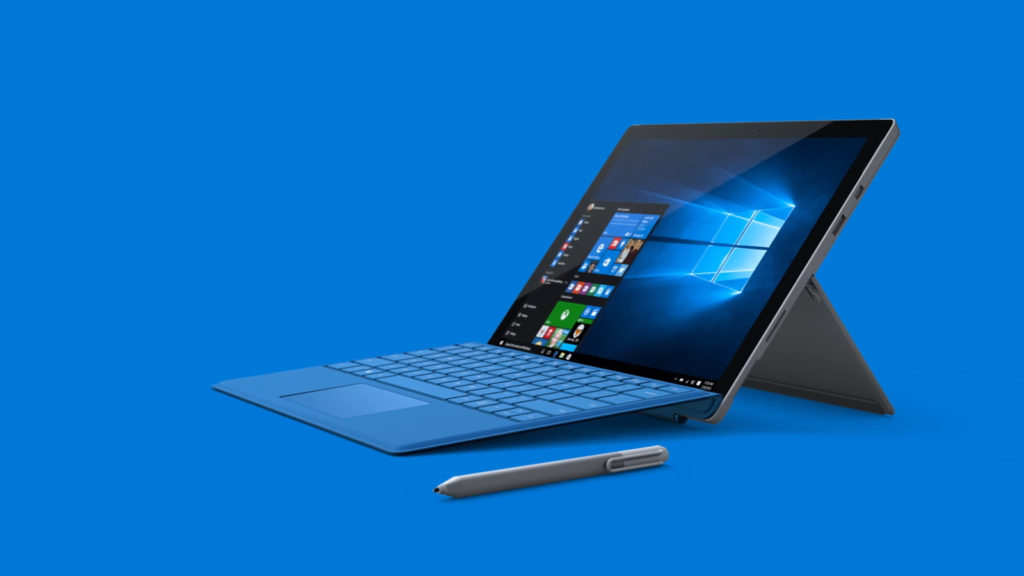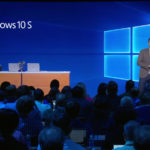South Africa’s retail forex industry is entering a decisive phase as regulation tightens and consolidation accelerates. What does it mean for brokers and traders?
Surface laptop with ‘Windows 10 S’ leaked ahead of today’s event

Microsoft’s Surface lineup popularised the idea of laptop/tablet hybrids, resulting in Apple and Google releasing similar products (Pixel C and iPad Pro). Now, it looks like Microsoft is taking a page from the Chromebook… er… book…
According to serial tipster Evan Blass, the Surface Laptop is on the way, purportedly running a version of Windows dubbed Windows 10 S.
Microsoft Surface Laptop running Windows 10 S pic.twitter.com/h42uQfZfT8
— Evan Blass (@evleaks) May 2, 2017
ZDNet’s Mary Jo Foley reports that Windows 10 S is a version of Windows that’s meant to only support apps from the Windows Store. In other words, it seems like Microsoft really wants to resurrect the ill-fated Windows RT, using it to fight off Google’s Chromebook assault.
What makes Windows 10 S so different from Windows RT though? To be fair, Microsoft now lets developers publish their legacy apps to the Windows Store, but, again, it’s still the Windows Store…
As for the laptop itself? The leaked images show at least one USB port, an earphone jack, what appears to be an SD card slot or Surface Dock connector and DisplayPort connector.
The Surface laptop apparently runs Windows 10 S, which isn’t quite a full version of Windows 10
What about actual specs? Well, we don’t know for sure, but Windows Central apparently obtained system requirements a few weeks ago. Expect Windows 10 S to require a quad-core Celeron chip or better, 4GB of RAM, 64GB of storage (or 32GB for 32-bit Windows) and a fast SSD or eMMC storage.
The real question is how ARM chips fit into all of this… Microsoft and Qualcomm confirmed late last year that Snapdragon-powered computers are afoot, running “full” Windows 10 and legacy apps.
But platform differences aside, pricing for the aforementioned Surface laptop and ARM-powered devices could be key here.

